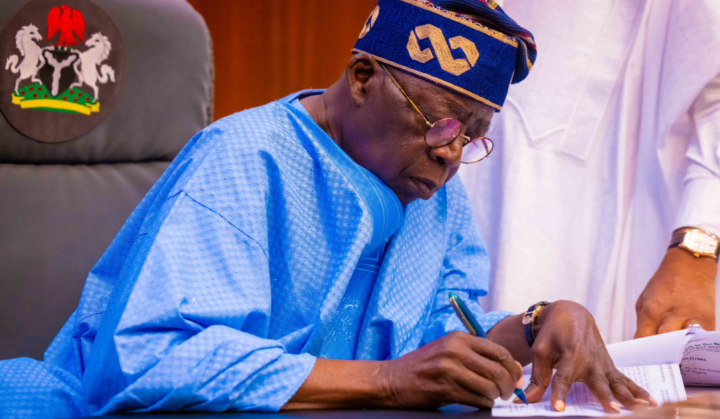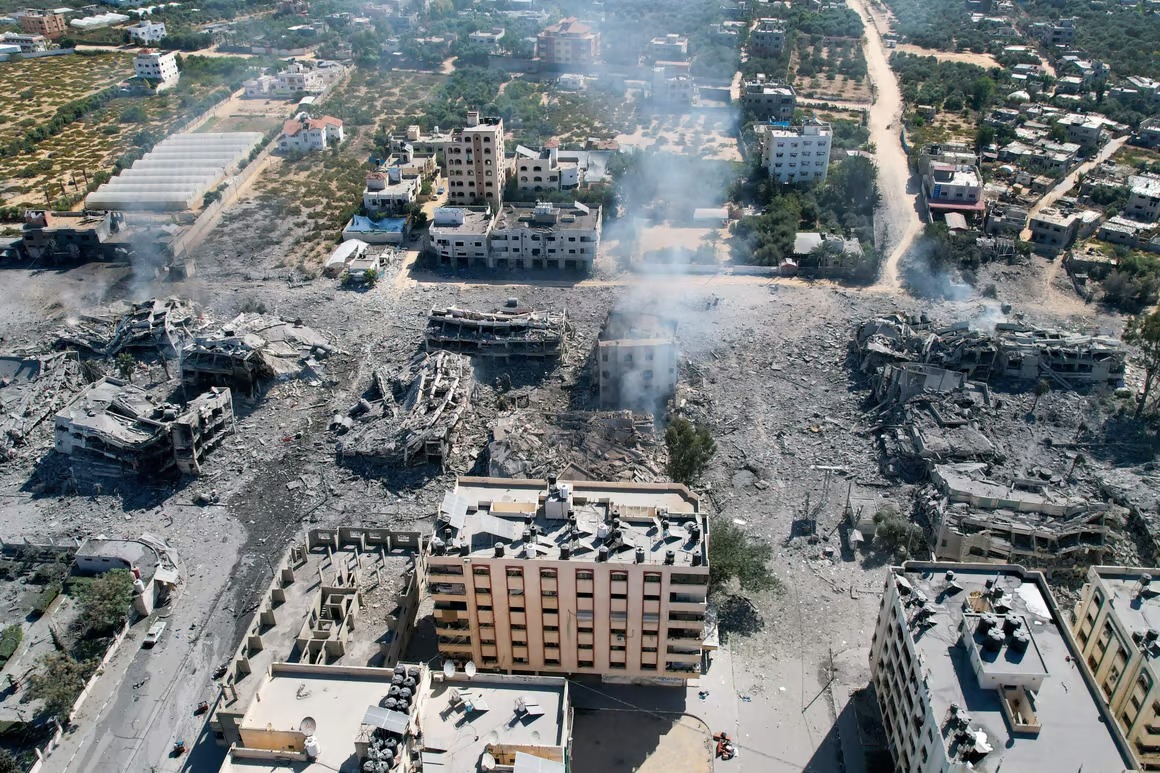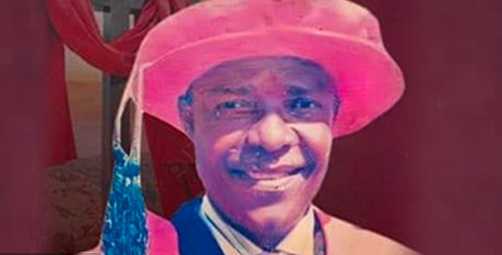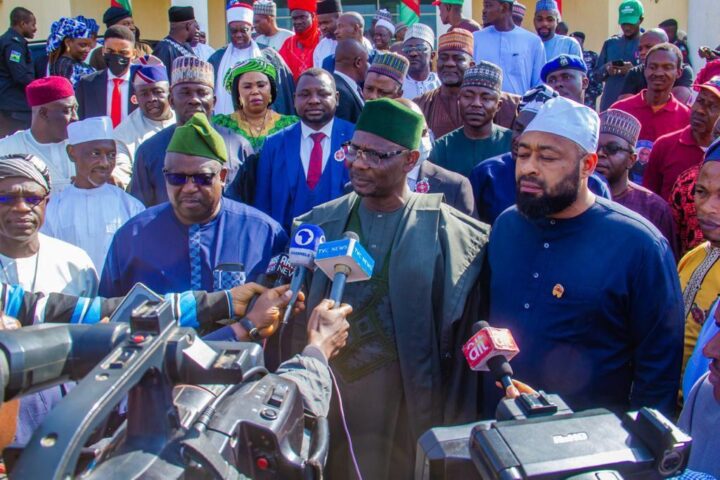While a comprehensive housekeeping is going on at the National Broadcasting Commission (NBC) – internal movements of staff, transfer from the head office in Abuja to other parts of the country or even outright uprooting from one area of specialisation to a completely new one, with the hope that such action will lead to reformatting the organisation for performance, some stakeholders are pointing to areas of interest that should be tackled urgently in the new year.
Even as one would admit that such movements may be indicative of a flawed past which previous actions need to be remedied, this writer was told, as the old year faded last week, that one of such areas is the operating document of the NBC, appropriately titled: National Broadcasting Commission Act CAP N11, Laws of the Federation of Nigeria, 2004.
The law came into effect 20 years ago. At the time it had some capacity to cater for activities in the industry but not any more. Even if the weaknesses are overlooked the mere fact that broadcasting is driven by technology, clearly demonstrates that the present Act should be heading to the archives. At the time over-the-top (OTT) operations, for instance, broadcasting over internet protocol, wasn’t very popular but that is thriving right now, especially with the telecommunications industry maturing to an extent. Every little precocious guy sits in the corner of his/her house belting out music or live pictures to the rest of the world and even sometimes very base materials injurious to the society. So the Act must be reviewed to capture breaking technologies and save the society from overbearing tech bullying.
Two other areas of the Act, some have observed, must be looked into critically in order to position the NBC for performance. They include the Composition and Tenure of the Board, and the Relationship between the Minister and the NBC.
Advertisement
Section 3 (1) of the Act says: The Commission shall consist of (a) a chairman; and (b) ten other members as may be approved or represent the following interests, that is – law; business; culture; education; social science; broadcasting; public affairs; engineering; State Security Service; the Federal Ministry of Information and National Orientation; and the Director-General of the Commission.
This Section was never fully obeyed. Previous boards were peopled by mostly politicians who were more interested in contracts to fester their pockets, with little drops for their constituencies, and political ambitions, and without such contracts, there was constant war within the Board and with the regulator. Except under the military and then under the Obasanjo administration, the Board was never properly constituted.
One other problem with the Board is the tenure, which is Three years. Quite a number of government Boards have a life span of 4 years. The Three years tenure for the NBC Board does not allow for planning and providing proper leadership for the regulator. One would want to suggest the lawmakers should look at the Communications Act to create a proper law that can stabilise the broadcast sector. For instance, since the DG stays in office for 5 years, like the Communications Act, the Board members should enjoy the same tenure and let the DG be an Executive Director who is first among equals.
Advertisement
For me, one of the most wayward portions of the Act is Section 6, which is the Power of the Minister to give directives. The Section castrates the NBC of its capacity to regulate the broadcast industry which the Minister can dismiss with a wave of his/her ministerial hand. That Section creates most of the problems in the broadcast industry as the Minister wears the garb of the government to deal with investors in the sector. The Section should be deracinated immediately in order to give some semblance of independence to the regulator.
You can’t pillory the broadcast industry for not trying. A source told me that there are at least three Bills making the rounds at the National Assembly without any of them making a headway – just one has passed through the first reading. “Some of the Bills don’t appear to carry serious legislative documentation,” my source lamented.
The source is recommending serious conversation at various levels – involving the National Assembly, the Ministry, the Regulator and the various stakeholders. In fact, there should be a much bigger stakeholder engagement in order to tackle the political and economic side of the business and prevent the industry from atrophying away, the source observed.
The Nigeria Broadcasting Code, once described as the Bible of Broadcasting, also comes with a basket of concerns. The First Edition was published in 1993. The current edition, which is the Sixth Edition, was published in 2019. There has never been a more controversial document. At a time it was difficult to know which particular version was going to be accepted as the authentic document. The reason being that too much pressure was brought to bear on the document review with so many interests trying to seize the vitals of that document.
Advertisement
It wasn’t just the Code, it was the industry. If you could control the content of the Code to some extent, you may be able to take hold of the industry. There are some sections of the Code concerning content which, in lay man’s perspective, look suspicious and have been the subject and source of some litigations. In spite of some positives, the industry could insinuate about some external strong forces trying to take control of the broadcast sector with the current Code but the Code remains and it is still the handbook of the industry.
Fortunately for the NBC, the Code is due for a review this year and stakeholders are requesting the regulator to work with the industry and produce a document that should address the concerns of the various stakeholders, which include the government, the regulator and the industry – comprising broadcast operators, content makers, equipment manufacturers and equipment vendors. They see it as an opportunity not to be missed; especially with the coming of a new DG, immediate positive takeaways for the industry should be created.
“The Code should be reviewed from the beginning,” a source warned, “and the regulator should be very careful otherwise they will shake down investment confidence in the broadcast business.”
One of the most illustrative examples of failure in the industry, some stakeholders have pointed out, is the Digital Switchover (DSO) which was supposed to have concluded in 2015 and extended to 2020 but still failed. Writing a preface to the Sixth Edition of the Code, former DG, Ishaq Modibbo Kawu, wrote: “We must have a Code that anticipates the challenges of the new era.”
Advertisement
Embedded in the “challenges of the new era” is the DSO which has really not worked in Nigeria. Some of the activities listed in the preface to the Code were hardly done. The review of the Code presents the NBC with a fresh opportunity to make a bold launch.
For the NBC, 2024 presents the opportunity for a fresh start and to make the kind of name it has lacked previously. There is a strong optimism that proper realignment of efforts by the various stakeholders – the government, lawmakers, regulator and the industry – will create a better ecosystem that can attract more investment and boost creativity in all ramifications.
Advertisement
Views expressed by contributors are strictly personal and not of TheCable.
Add a comment







